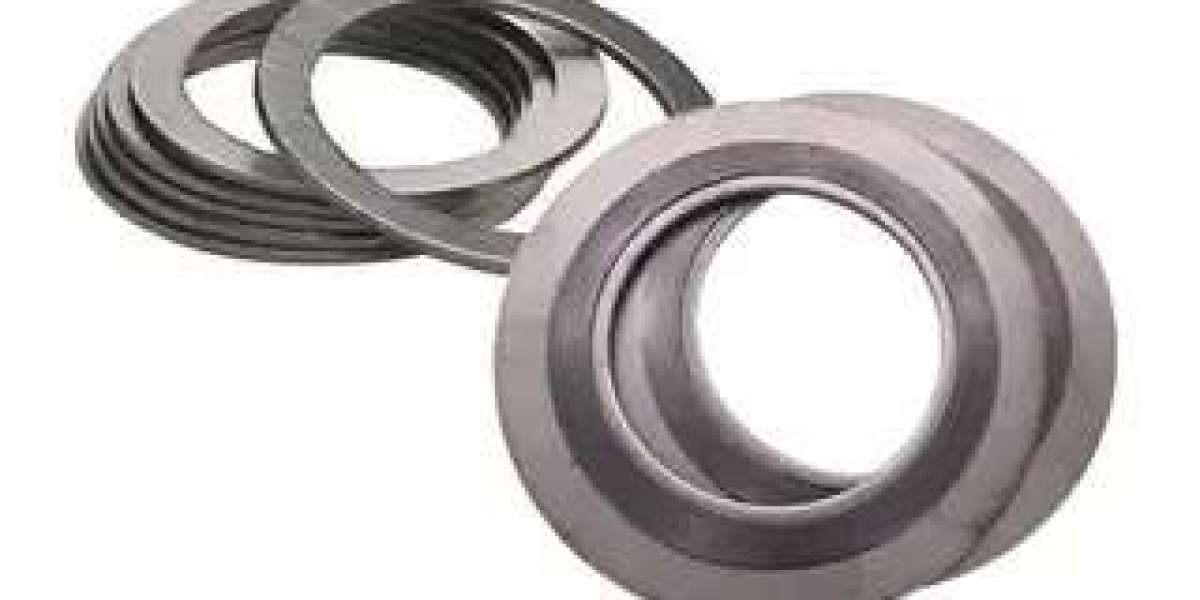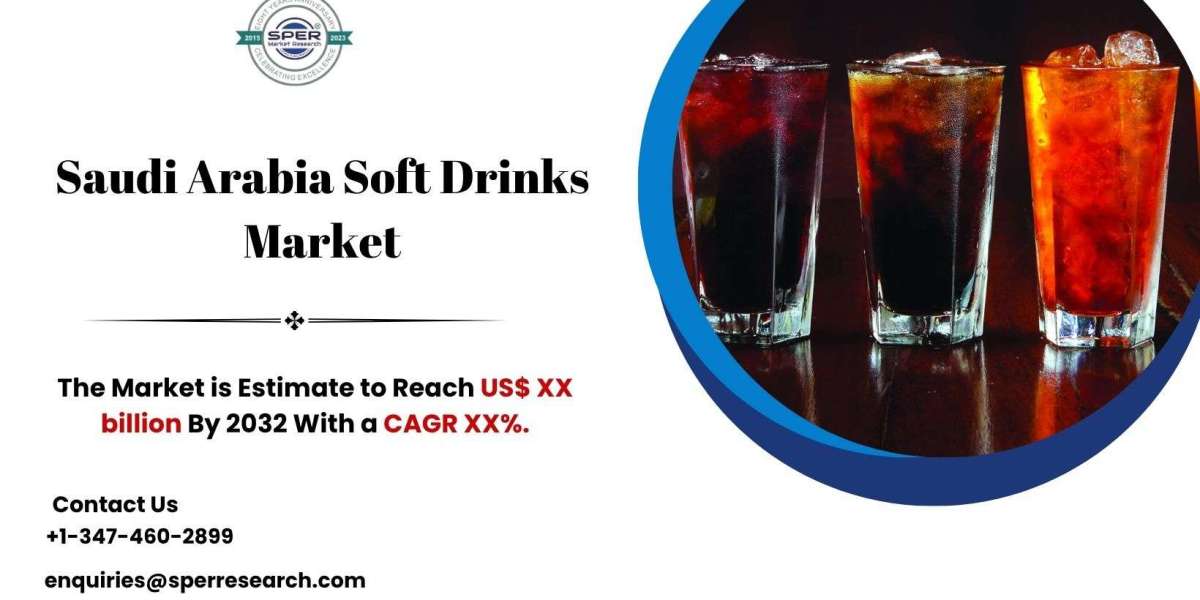Graphite Gaskets: High-Performance Sealing Solutions for Industrial Applications
In industrial operations, the selection of sealing materials is critical for equipment safety, reliability, and efficiency. Among various sealing solutions, graphite gaskets have emerged as highly effective and dependable, offering excellent performance in complex industrial environments. This article explores the advantages, applications, and comparative performance of graphite gaskets, including their composite forms, providing guidance for selecting the right industrial sealing materials.
Outstanding Performance of Graphite Gaskets
Graphite gaskets are designed to seal a wide range of media, including water, steam, oil, hydrogen, and chlorine. Their unique properties ensure high sealing performance, reduced leakage, and improved equipment safety.
1. Elasticity and Flexibility
Graphite gaskets possess significant elasticity and flexibility, allowing them to absorb vibrations and act as mechanical buffers. This reduces noise, minimizes equipment wear, and extends service life.
2. Corrosion Resistance
Graphite gaskets exhibit excellent resistance to chemical corrosion, making them suitable for industries such as chemical and pharmaceutical production, where corrosive media are common. They help protect equipment, reduce maintenance frequency, and extend operational life.
3. Electrical Conductivity
Some graphite gaskets provide electrical conductivity, enabling use in equipment that requires conductive connections while maintaining effective sealing. This dual function enhances both safety and operational efficiency.
4. High-Temperature Performance
Graphite gaskets can withstand high temperatures while maintaining sealing integrity. Their heat and fire resistance make them ideal for boilers, generators, and other high-temperature industrial equipment.
Types and Applications of Flexible Graphite Gaskets
Flexible graphite gaskets are made from flexible graphite sheets, sometimes reinforced with metal layers. They are categorized into several types:
Flexible Graphite Gasket: Cut from graphite sheets; suitable for small-diameter pipelines and valve covers.
Flexible Graphite Gasket MI: Features a hooked carbon steel core for enhanced mechanical strength.
Flexible Graphite Gasket PM: Graphite sheets bonded to a 304 stainless steel core, allowing complex shapes and easy transport.
Flexible Graphite Gasket PM-A: Similar to PM, but with a 316 stainless steel core, providing superior chemical and temperature resistance.
Innovative Graphite Composite Gaskets
Graphite composite gaskets combine reinforced metal plates or wire mesh with expanded graphite, enhancing the performance of traditional graphite gaskets.
1. Structural Features
These gaskets are typically stamped or cut from reinforced graphite sheets, with SS304, SS316, or tinplate reinforcement layers (0.05–0.2 mm thick). Reinforcements can include perforated plates, mesh, or flat plates, depending on application needs.
2. Functional Advantages
Graphite composite gaskets offer excellent corrosion resistance, temperature tolerance, compressive rebound, and high strength. Compared with metal-jacketed gaskets, they require less preloading force and lower flange surface requirements, simplifying installation and reducing costs.
3. Edge-Wrapping Design
An edge-wrapping design preserves gasket performance, facilitates equipment disassembly, and prevents corrosion by external oxygen, further improving durability under high temperature and pressure.
4. Structural Types
Common structural types include RF, MFM, and TG, suitable for raised face, tongue-and-groove, and male-female flange connections. RF gaskets can also be wrapped with stainless or carbon steel (RF-E types) for enhanced performance.
Applications Across Industries
Graphite and composite gaskets are widely used in flanged connections, valves, pumps, pressure vessels, heat exchangers, condensers, generators, air compressors, exhaust pipes, and refrigeration equipment.
1. Chemical Industry
Graphite composite gaskets resist corrosion from chemical media, prevent leaks, and ensure safe operation of reactors, pipelines, and containers.
2. Petroleum Industry
High-temperature, high-pressure, and corrosive environments in petroleum refining and transport benefit from the heat and corrosion resistance of graphite gaskets.
3. Pharmaceutical Industry
Graphite gaskets maintain strict hygiene standards, preventing contamination and leakage during drug production.
4. Food Industry
Their corrosion resistance and sealing performance meet food processing and packaging requirements, ensuring safety and hygiene.
5. Power Industry
High-temperature performance and fireproof capabilities make graphite gaskets ideal for generators, boilers, and other power equipment, preventing leaks and fires.
Comparison with Metal-Wound Gaskets
| Feature | Graphite Gaskets | Metal-Wound Gaskets |
|---|---|---|
| Material | Pure graphite | Metal strips with fillers (graphite, PTFE, or fluoroelastomers) |
| Sealing Performance | Excellent for pressure and wear resistance | Superior sealing adaptability with selected fillers |
| Temperature & Pressure Resistance | High | Moderate, depends on filler |
| Flexibility & Installation | Flexible, easy to cut | Elastic, adaptable, but may require higher flange precision |
| Applications | High-temperature, high-pressure industries | Chemical, petroleum, and process industries requiring precise sealing |
Key Insights:
Graphite gaskets excel in high-temperature, high-pressure environments.
Metal-wound gaskets offer superior sealing adaptability across various media but may have lower pressure tolerance.
Conclusion
Graphite gaskets and their composite forms provide reliable, high-performance sealing solutions for diverse industrial applications. With excellent sealing integrity, corrosion resistance, and temperature tolerance, they are indispensable in chemical, petrochemical, pharmaceutical, food, and power industries.
Choosing graphite gaskets ensures efficient, safe, and durable sealing, meeting the demands of modern industrial operations and enhancing equipment longevity.
It's important to know about Google SEO to help your website rank higher in search results.



